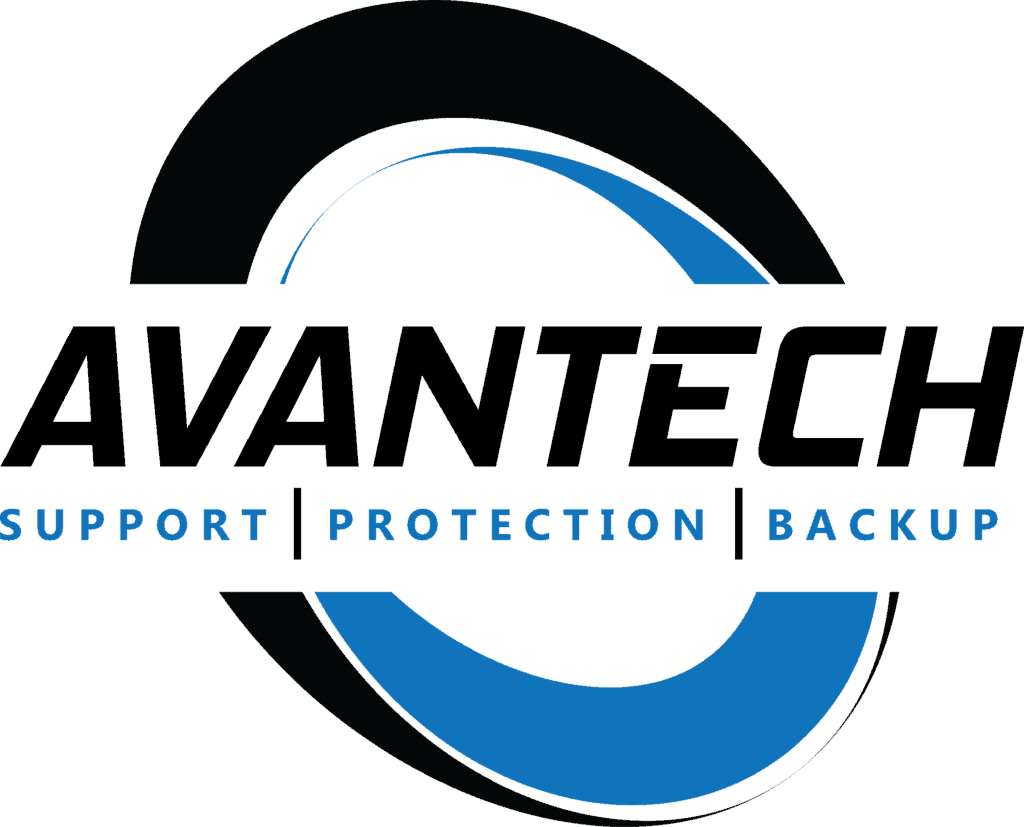 Computer security is a hot topic these days. So much so that discovered vulnerabilities and other important computer security events make national news on a regular basis.
Computer security is a hot topic these days. So much so that discovered vulnerabilities and other important computer security events make national news on a regular basis.
There was a time when to be a “hacker” you really had to know your stuff; programming in many different languages, networking technologies, platform technologies, and much more. Access to documentation was not easy to come by. Back then, the threat of being “hacked” was very low. That has changed dramatically!
Hacking was harder back then because there were no publicly available pre-programmed tools. So the hacker had to create his or her own tools. Today, you can do a search for “hack tools” and find millions of readily available and open-source tools. Many of them are point and click graphical interfaces. That means, the “hacker” does not need to have knowledge of the inner workings of the tool. Nor does he or she need to have in-depth knowledge of different platforms and technologies. They simply need to know your IP address and the tools do the work automatically. In the hacker world, people who utilize these types of tools and have little to no knowledge of how it works are typically referred to as “script kiddies”. Literally, anyone who can read can use these tools to wreak havoc on a small business network.
Ok, have we scared you enough? So, why would a hacker want access to your small business? Well, think like a shepherd for a minute. Your job is to round up as many sheep as you can and guide them to a particular area. In the hacking world, the sheep are called zombies. If hackers can gain access to as many systems as possible, they can use them to launch large, concentrated attacks against larger targets. Ok, ok, who cares, right? Well, you should because now the attacks against the larger systems trace back to your systems. Having access to your systems kills two birds with one stone. Not only can they watch whatever you do and steal your information, they can also “zombify” your system.
How can you protect small business?
Here are some beginning tips.
- Ensure that all updates and patches are applied to your system. That annoying pop-up that asks you if you want to install or restart your computer to apply updates. Well, it’s annoying for a reason. Don’t keep cancelling it.
- Disallow use of thumb drives and other flash memory devices on your systems, unless it’s absolutely necessary. Third, TRAIN YOUR EMPLOYEES! The most effective approach to security is to ensure your employees are informed.
- Deploy network firewalls. This helps ensure that employees are not accessing restricted areas, transferring files outside of the network, and more.
Don’t know how to properly employ these techniques? Finding a qualified IT support company to help you manage and maintain the security of your network is imperative. We offer this service specifically for small businesses.
Can you think of anymore tips for protecting a small business? Let us know in the comments section below.

